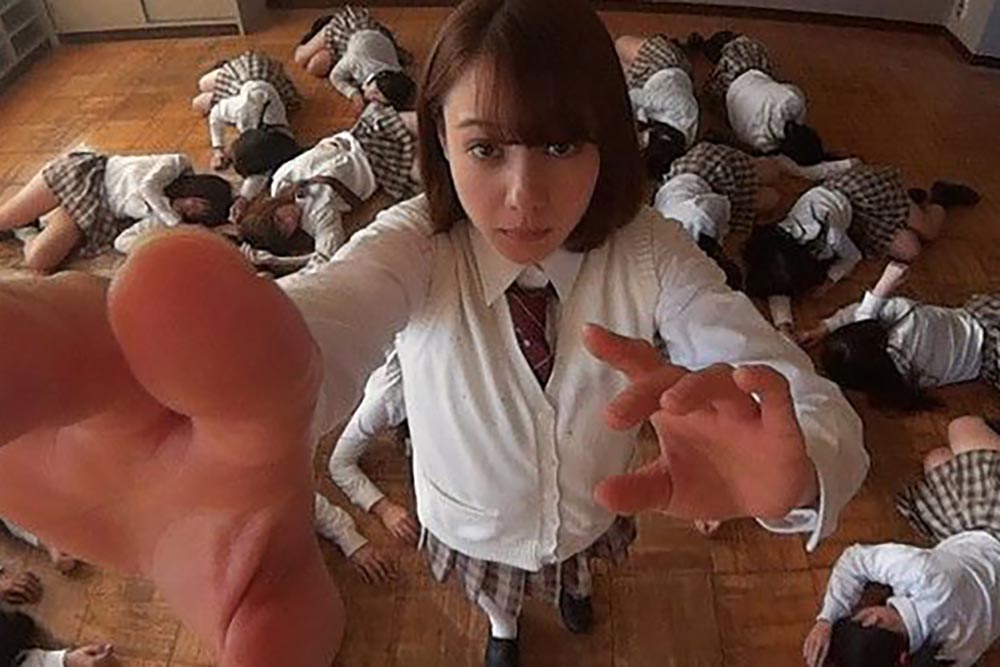“Life is surreal. Don’t let it consume you.”
A raucous, adrenaline-fueled romp from the mind of inimitable Japanese director Sion Sono, “Tag” (“Riaru onigokko,” original title) is part-horror, part-coming-of-age comedy, and part-high concept sci-fi.
Sono is a director whose body of work may look intimidating to approach at first. With dozens of films under his belt, a reputation for producing content both sexualised and violent in nature, and arguably his most famous film having a run-time clocking in around four hours, it would be easy to be put off. And yet, a film like “Tag” is surprisingly approachable, with its fast-paced narrative, likable characters, and brisk 85-minute duration.
To say the film starts with a bang would be to significantly underplay the impact of its first jaw-dropping moment. I wouldn’t want to spoil it for anyone, but fair to say within the first five minutes you will see something truly extraordinary, and that is only a taste for the chaos and carnage to follow. Suffice to say, after a terrible accident, high school student Mitsuko (Reina Triendl) is left staggering around confused and scared. Only Aki (Yuki Sakurai) can calm her down, and she suggests they cut class with two other girls. The four run through the forest in a carefree sequence–complete with drone cinematography–that could fit just as well into an American indie drama as it does into this wild thrill ride of a film from a Japanese auteur.

The girls discuss theories about fate and determinism, the possibility of infinite universes, and the power of doing something unexpected. It’s the first time the film really takes a breath, and also marks the first chance to hint at a deeper meaning to proceedings. Before long though, the madness returns, with one unbelievable action sequence after another. Throw in a change of lead actors (not once but twice before we return to Triendl) and you have a narrative that is willing to go to some unexpected places without ever becoming overly complex.
Though the bloody over-the-top violence is what makes this film such a visceral experience, it also tackles gender issues, a topic familiar to Sono. Again, without wanting to divulge too many plot details, it’s notable that the first three-quarters of this film feature no male characters or extras whatsoever. The all-female world isn’t noticeable at first, when we are introduced to the all-girls high school, but by the time we reach the wedding scene with only female guests in attendance it’s clear something is up. The late reveal of the sci-fi twist which finally introduces some male characters allows for some incisive commentary on the role of women under late-stage capitalism, and of modern day gender relations. The gloriously beautiful ending feels triumphant, acting as a rebuke of the dystopia briefly glimpsed, and as a fulfillment of the earlier philosophical discussions.
Combining a pulsating energy, delightfully macabre violence, and a message that coalesces succinctly in its last moments, “Tag” is a thoroughly successful effort from one of the most exciting filmmakers working today.